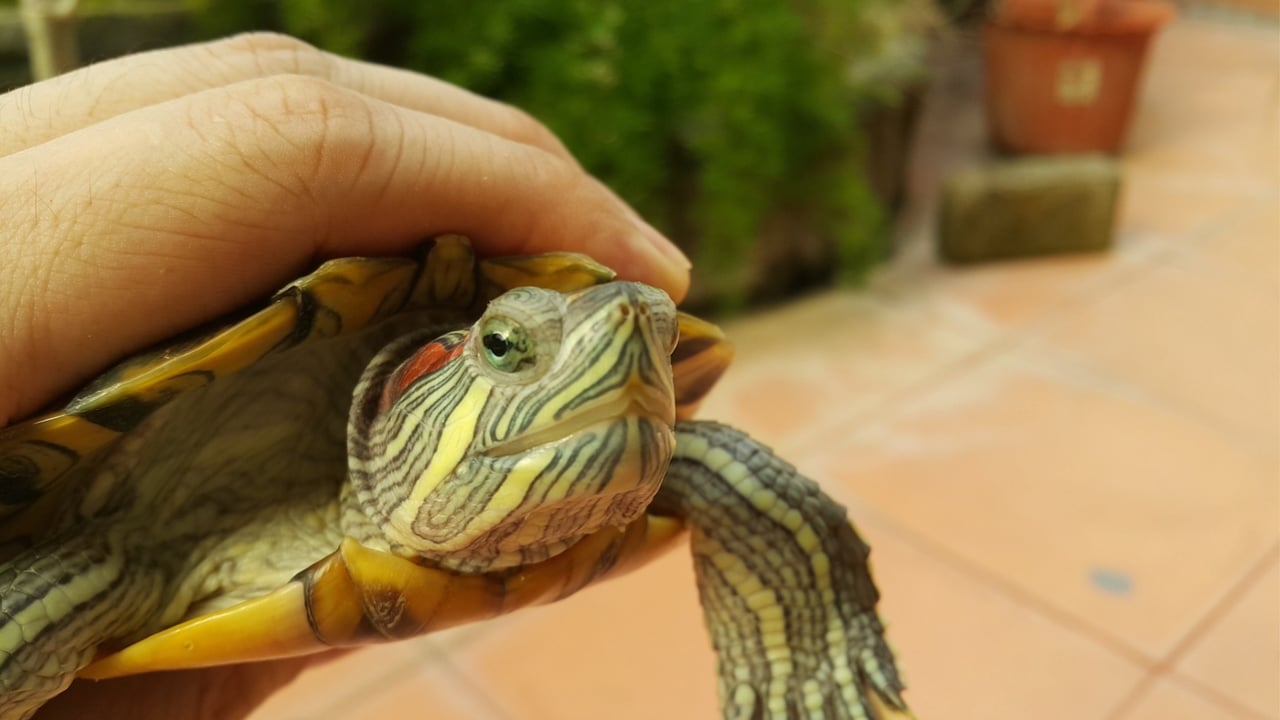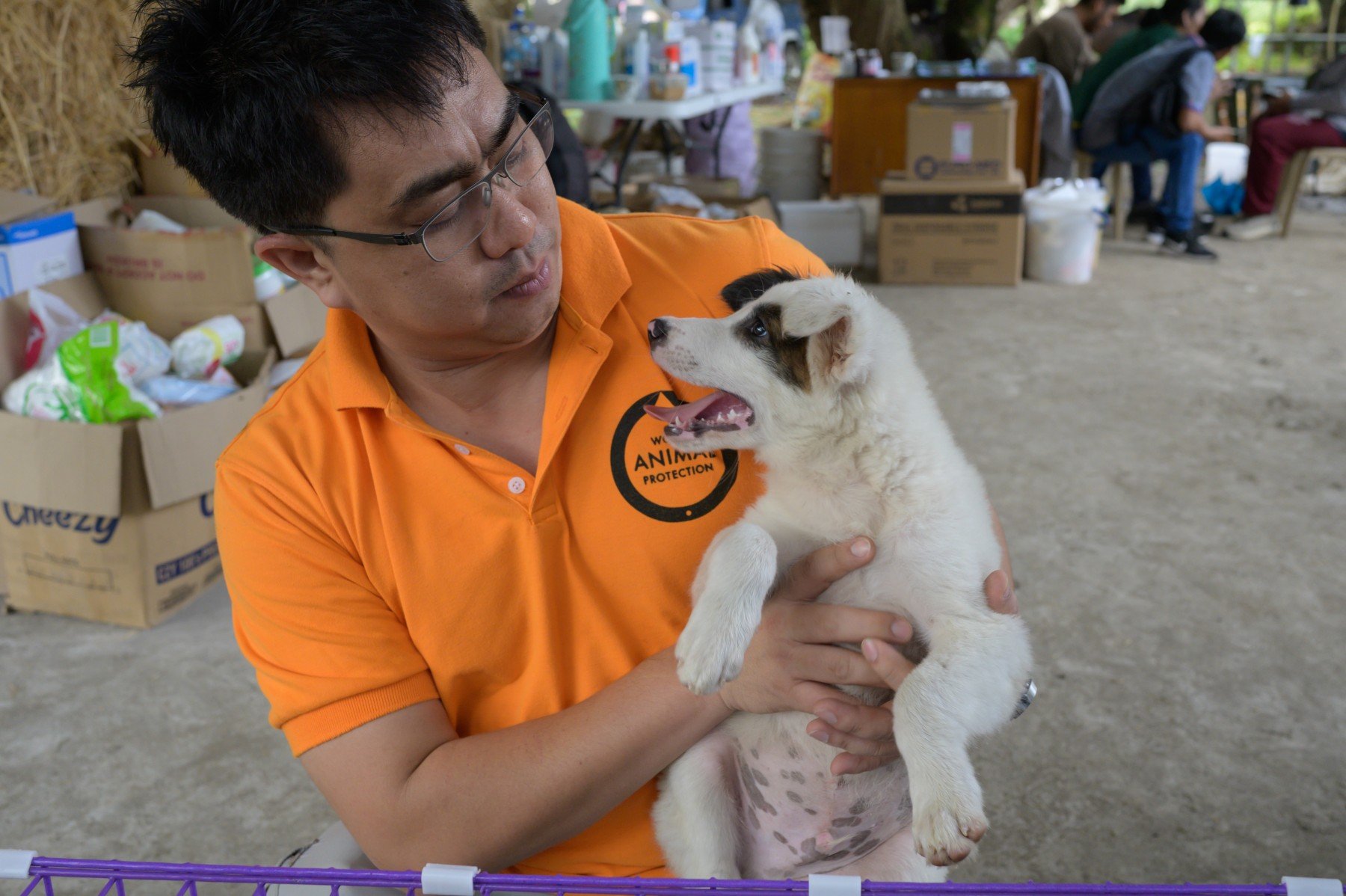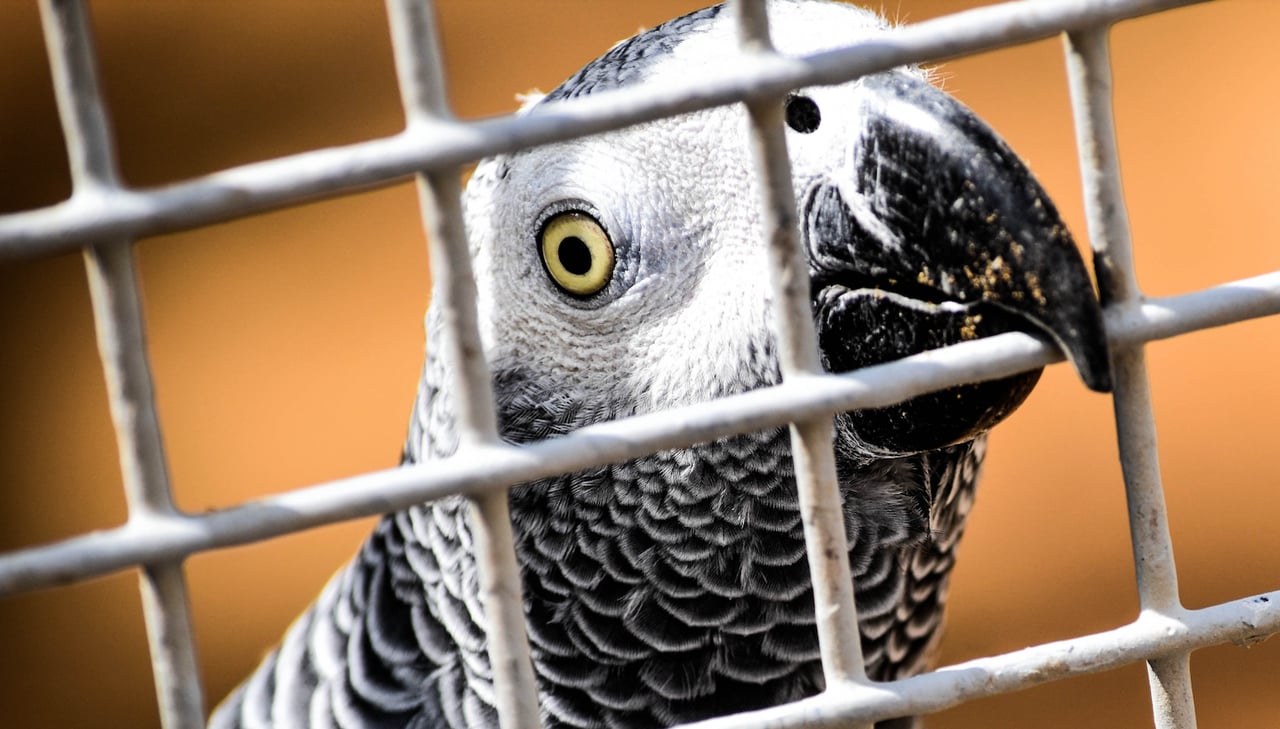Each year, millions of wild animals are captured from their natural habitats or bred in captivity just to be kept as pets. But wild animals can’t thrive in human homes.
Snakes, parrots, iguanas, turtles, and even monkeys – these are just some of the animals removed from the wild or bred in cruel mills to be sold as pets.
Some of this trade is illegal and some is legal, but the laws don’t matter to a wild animal. Whether they are born in captivity or poached from the wild, whether it’s legal to possess them or not – it’s all cruel. And this trade is growing fast.
Watch our webinar below to learn more about nonhuman primates suffering in the pet trade.
It is impossible to meet all of a wild animal’s needs in human homes. Whether in a home or an enclosure, there is no way to replicate the space and freedom these animals enjoy in the wild.
Most are kept in spaces drastically smaller than their natural habitats. They aren’t able to engage in normal behaviors or even choose their own mates or what to eat. Many animals do not receive the correct nutrition, even when people try their best to feed them properly.

This red-eared slider belongs in the wild.
For wild animals who are rescued from captivity and often have physical or psychological impairments, accredited sanctuaries can provide the best quality of life possible. We support the tremendous work these sanctuaries do while working toward a future where all wild animals live in the wild.
Simply, if they’re not in the wild they will experience some level of suffering.
Why is it bad to keep wild animals as pets?
Basic needs not met: At least 75% of pet snakes, lizards, tortoises and turtles die within one year of becoming a pet
Cruel captive breeding: The vast majority of wild animals sold in stores are bred in mills where welfare is low, and mortality is high
Insufficient nutrition: It’s challenging to replicate a wild animal’s diet. For example, captive green iguanas can suffer from soft bones due to poor diet
Dangerous contact with humans: Handling reptiles and amphibians can make humans seriously ill and is distressing to animals
Confined in tiny spaces: Reptiles are usually kept in tanks while birds are caged. In the wild, these animals fly or roam for miles
These animals suffer long before they reach our homes, too. Many wild animals suffocate and die in transit before they even reach pet stores.
For animals taken from the wild, they’re often shipped huge distances and taken to countries vastly different from their original homes.

Get a domesticated animal instead
We know people often purchase wild animals because they’re animal lovers. Animals bring joy to our lives, so it’s understandable that we’d want them to be part of our homes.
Many people who keep wild animals, however, are unaware of the daily suffering these animals endure.
We encourage everyone to appreciate wild animals where they belong – in the wild. We should only share our homes with domesticated animals who’ve evolved over thousands of years to be our companions and enjoy being with us as much as we enjoy being with them.
Be a wildlife protector by pledging not to buy wild animals as pets.
Sign our #WildlifeNotPets pledge and help us protect wildlife by keeping them where they belong. In the wild.
